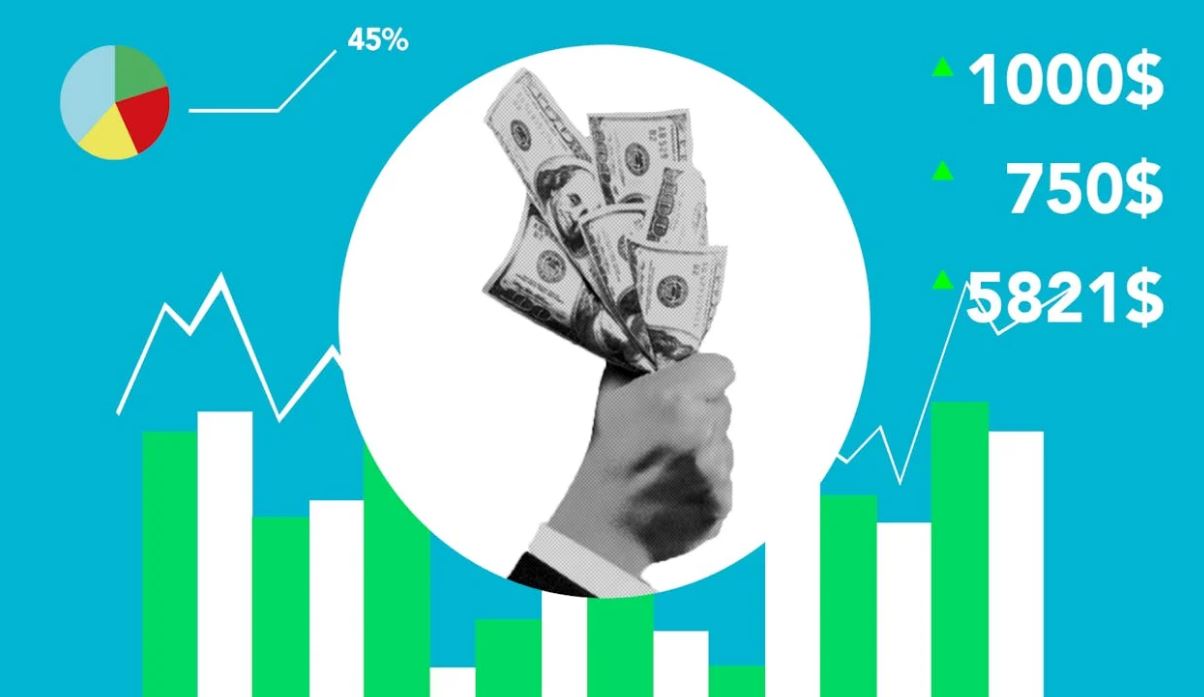Consumer confidence in the US economy has perked up, reaching a six-month high in October. The University of Michigan’s consumer sentiment index climbed to 71.5, a notable increase from September’s 68.1. This positive shift marks the highest level of consumer sentiment since April.
The surge in optimism can be largely attributed to the widespread expectation that the Federal Reserve will hold interest rates steady. Consumers seem to be breathing a sigh of relief, anticipating that borrowing costs will remain manageable. This sense of stability is likely contributing to a more positive outlook on the overall economic landscape.
Further fueling the positive sentiment is the perception that inflation has peaked. Consumers are increasingly confident that the relentless price increases of the past year are finally easing. They anticipate continued declines in inflation in the coming months, which would alleviate pressure on household budgets and contribute to a more favorable economic environment.
However, it’s important to note that this wave of optimism is happening against a backdrop of lingering economic concerns. While the recent rise in consumer sentiment is encouraging, it remains below its historical average. This suggests that consumers are still proceeding with a degree of caution, acknowledging that potential challenges could lie ahead.
One area where caution is evident is in the assessment of current economic conditions. The survey revealed a slight dip in views on this front, indicating a degree of uncertainty about the immediate state of the economy. Consumers may be grappling with mixed signals, such as a strong labor market juxtaposed with persistent inflation in certain sectors.
Adding to the sense of measured optimism, the survey also showed a slight decrease in optimism regarding the long-term economic outlook. This could stem from a variety of factors, including global economic uncertainty or domestic political concerns. The complexities of the global landscape, including geopolitical tensions and supply chain disruptions, may be weighing on consumers’ minds, leading to a more tempered outlook on the future.
In conclusion, the recent rise in consumer sentiment is a welcome development, but it’s essential to view it within a broader context of ongoing economic complexities. Consumers are cautiously optimistic, buoyed by the expectation of stable interest rates and easing inflation. However, they remain aware of lingering uncertainties, reflected in their views on current economic conditions and the long-term outlook. The coming months will reveal whether this newfound optimism can be sustained or whether it will be tempered by economic headwinds.

 Accounting1 week ago
Accounting1 week ago
 Economics1 week ago
Economics1 week ago
 Personal Finance1 week ago
Personal Finance1 week ago
 Accounting1 week ago
Accounting1 week ago
 Finance1 week ago
Finance1 week ago
 Economics1 week ago
Economics1 week ago
 Economics1 week ago
Economics1 week ago
 Economics1 week ago
Economics1 week ago






















